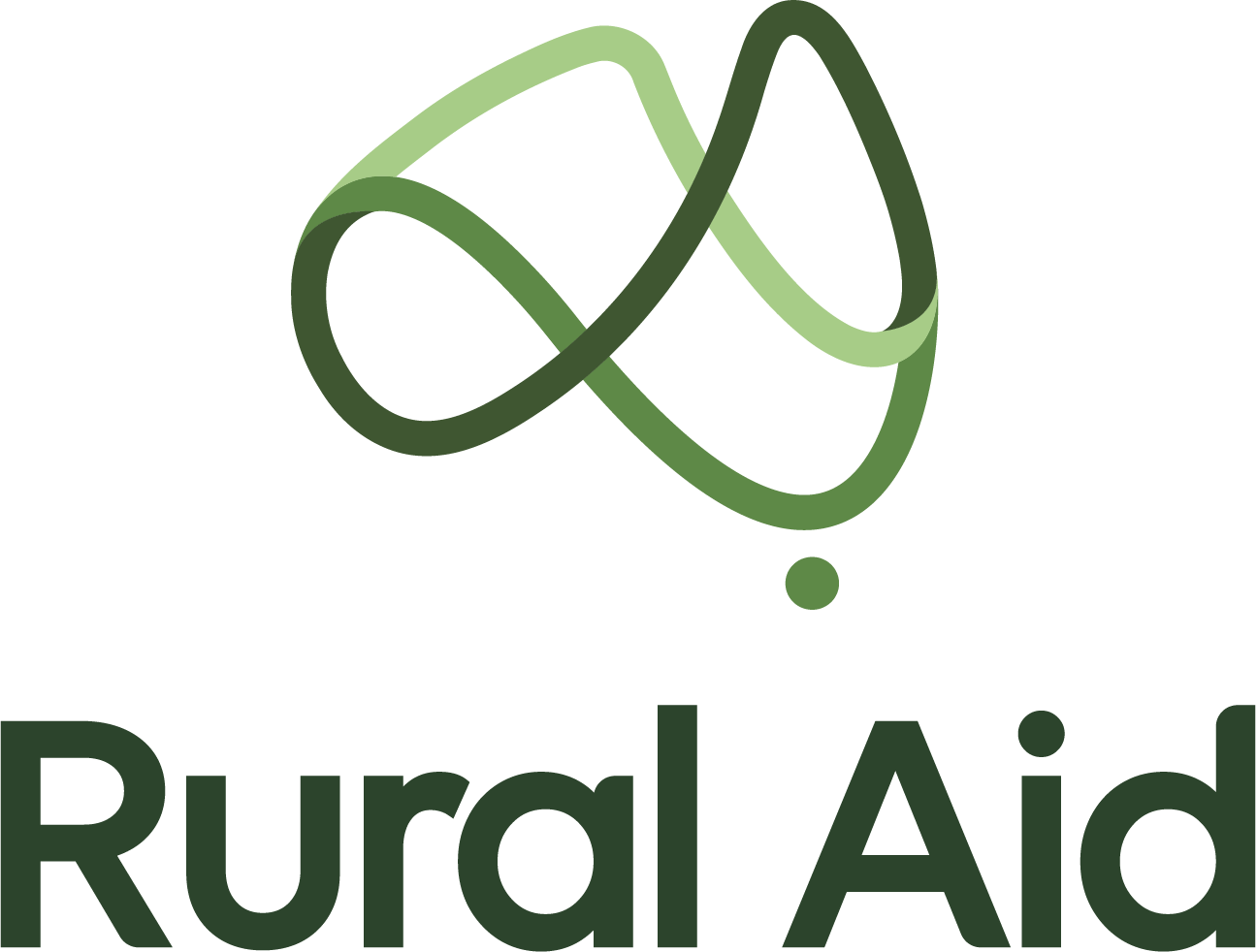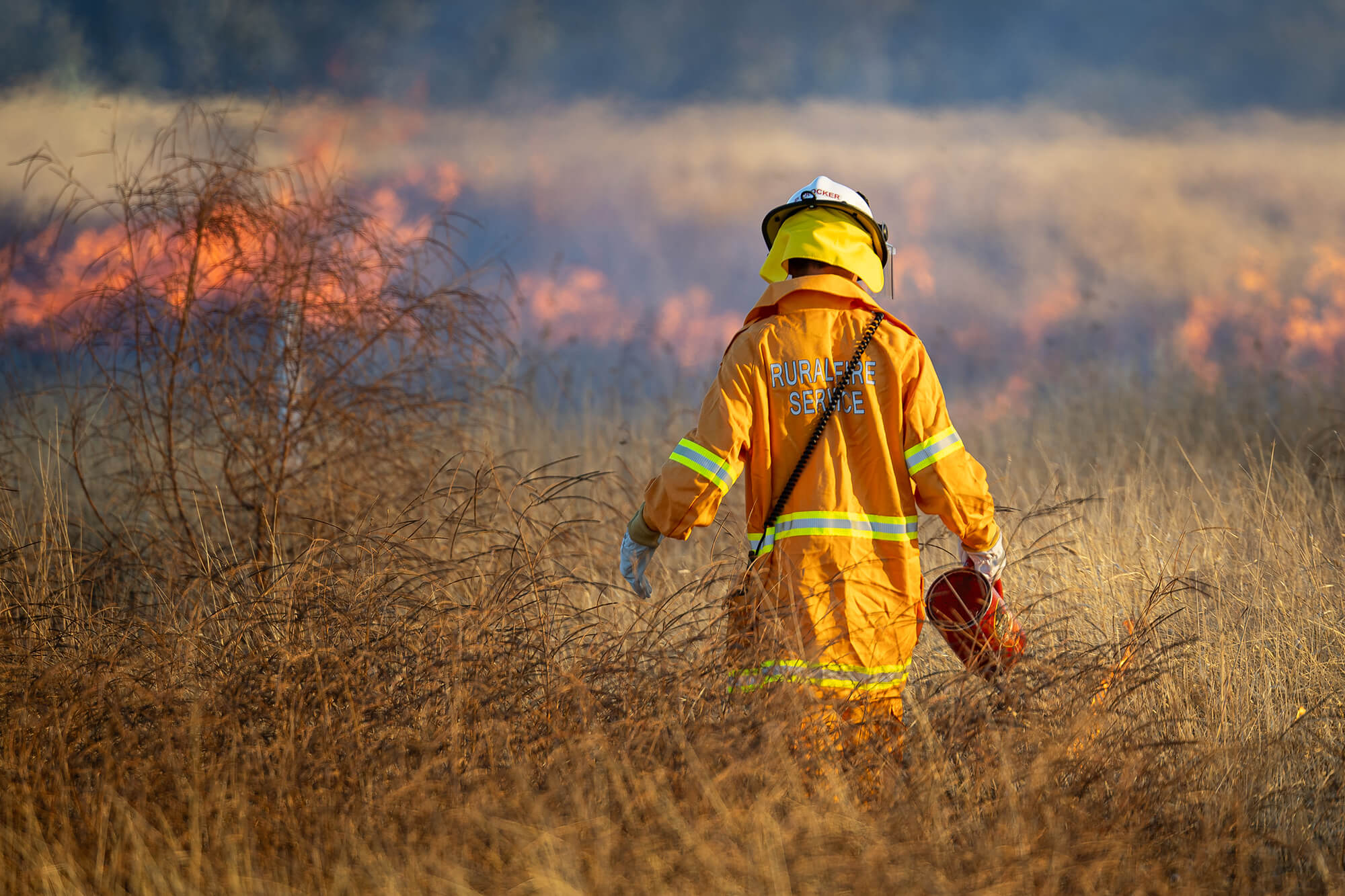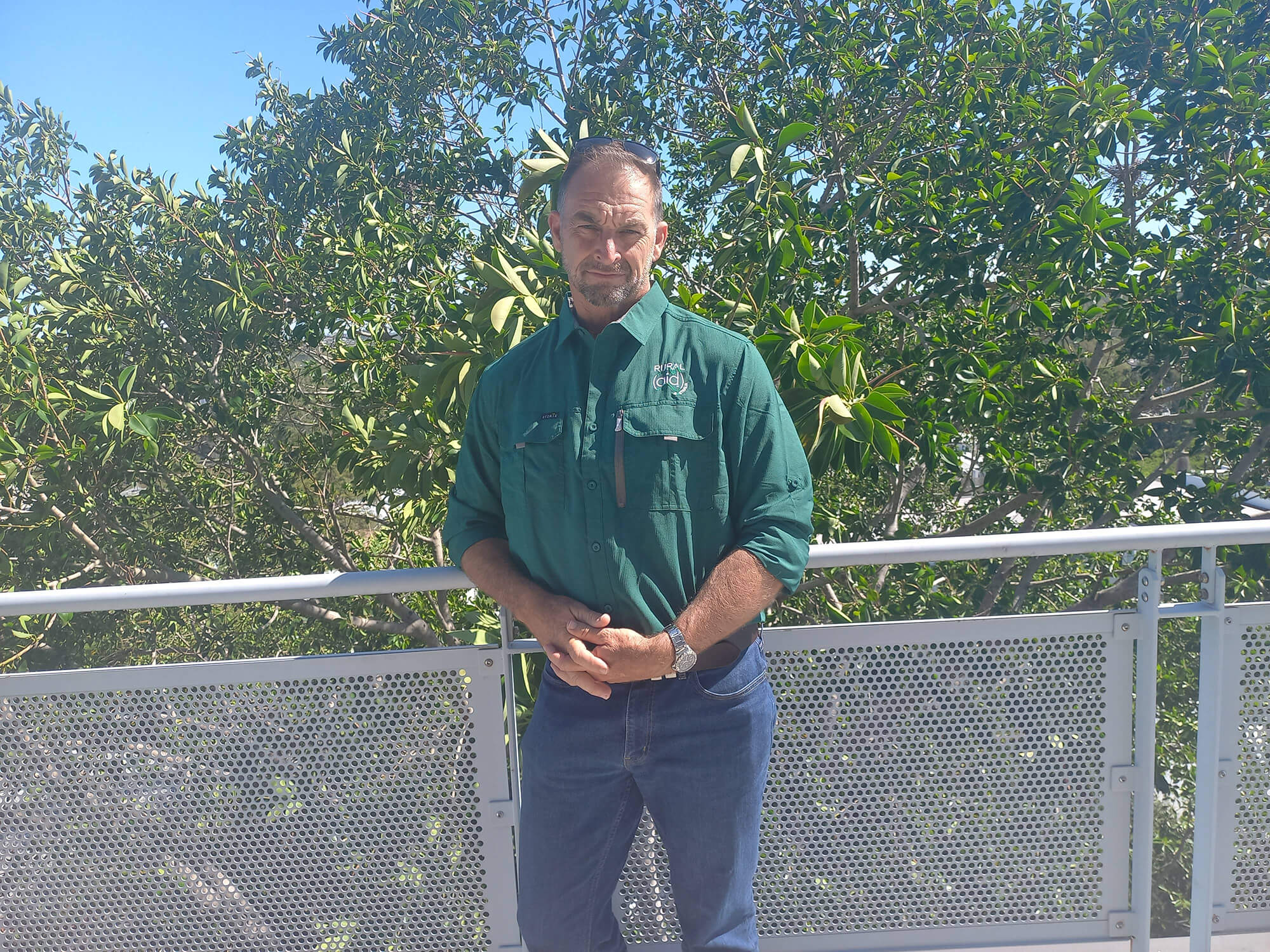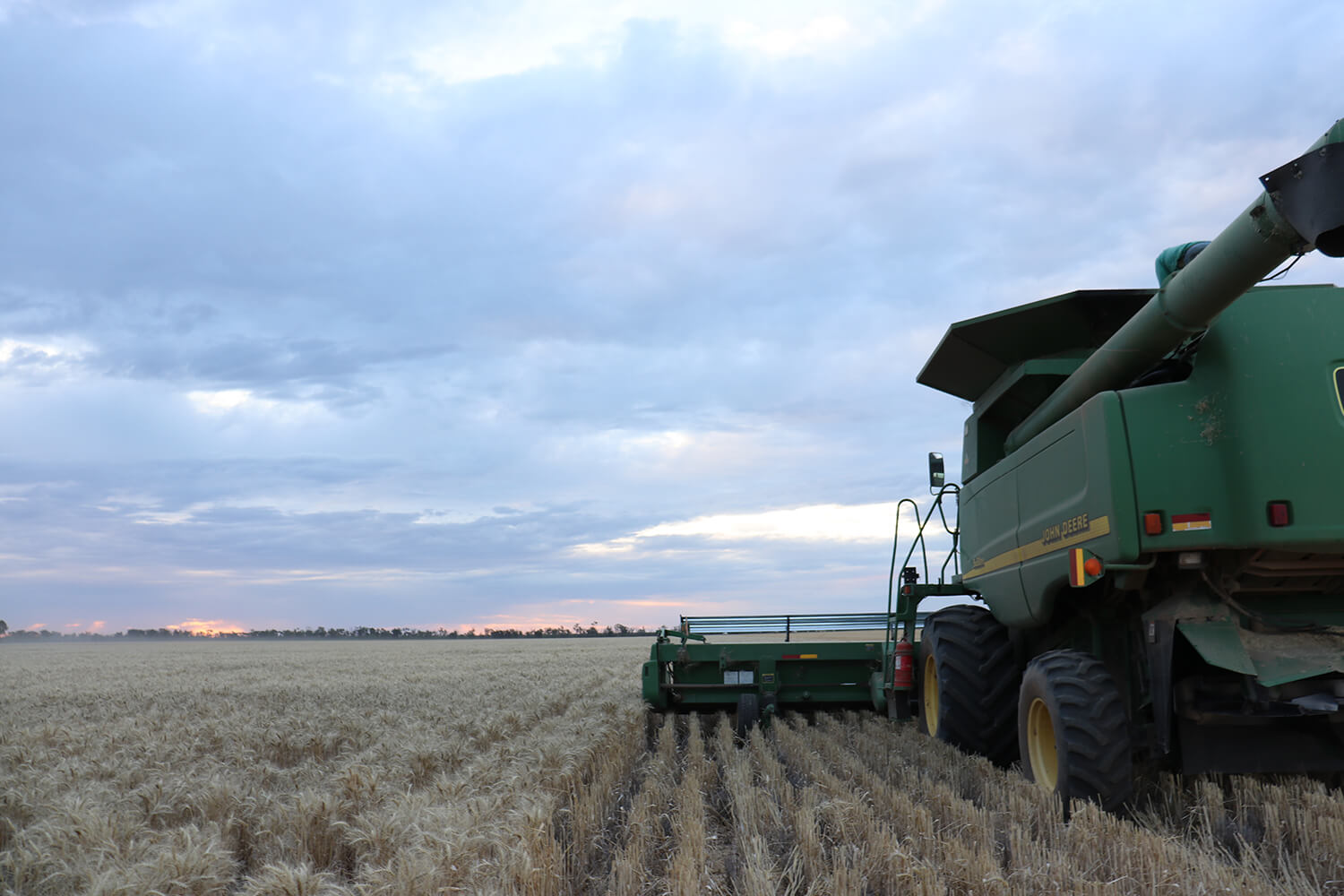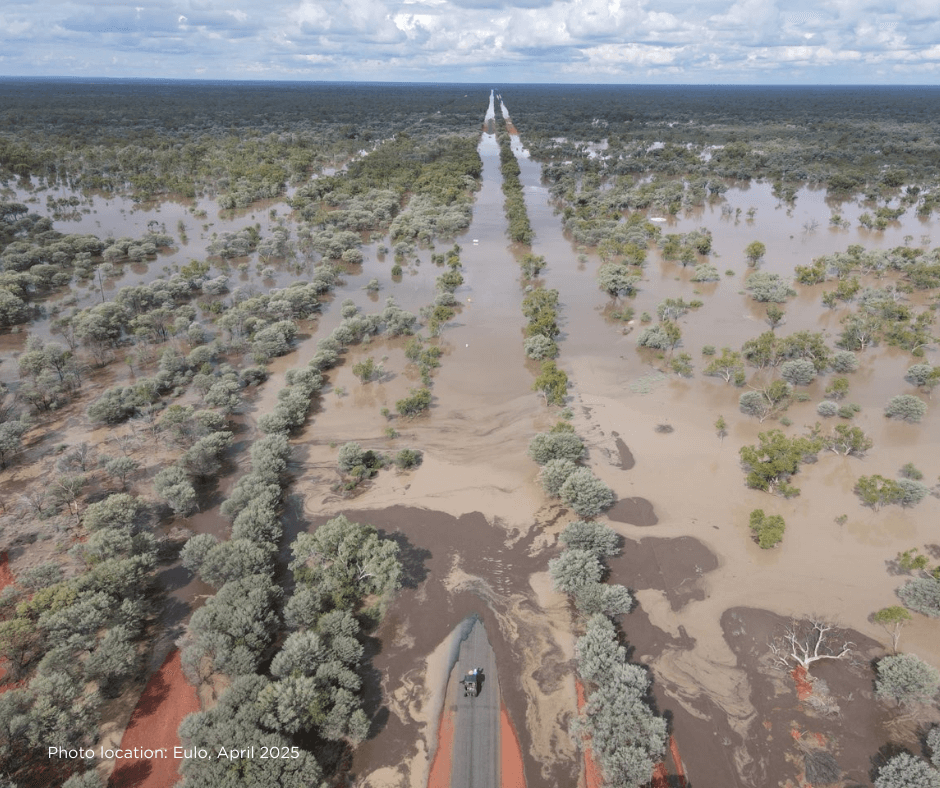Farmers Urged to Register for Support as Bushfires Devastate Large Areas of Victoria
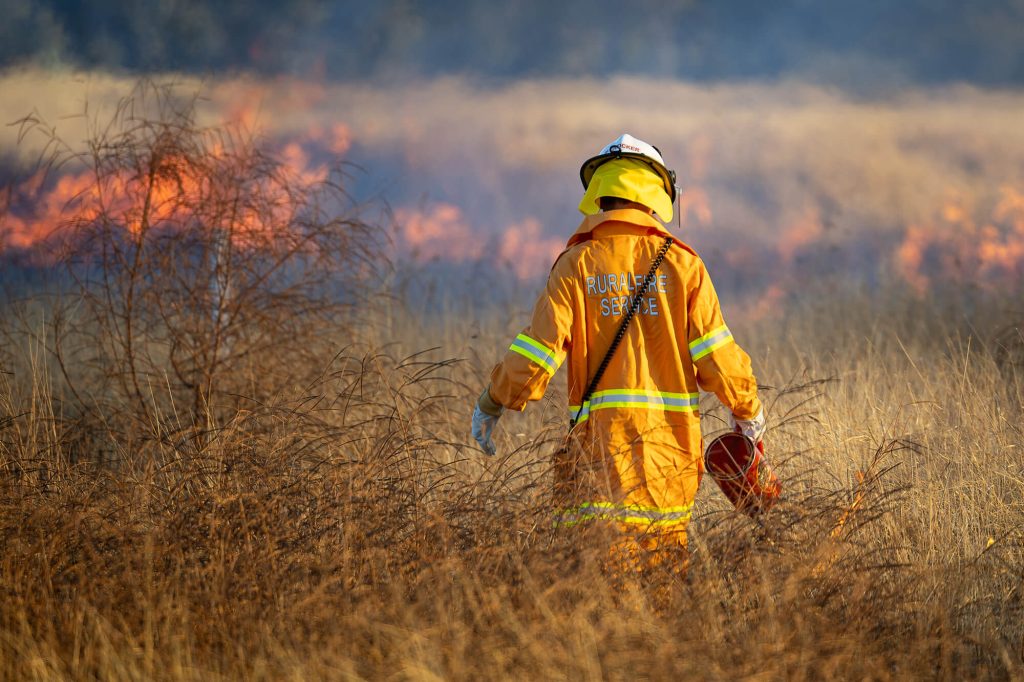
Leading rural charity Rural Aid is issuing an urgent call for all Victorian farmers to register for assistance as bushfires continue to burn across the state, already causing widespread damage to farmland, major stock losses, and destruction of critical agricultural infrastructure.
With fires impacting multiple regions and conditions remaining volatile, producers are facing escalating threats to livestock, crops, fencing, sheds, machinery, water supplies, and their livelihoods. Rural Aid warns the situation remains extremely dangerous and stresses that registration is critical to ensure help can be delivered immediately.
Rural Aid is urging every primary producer – whether already impacted or at risk – to register now, so assistance can be mobilised without delay as the emergency unfolds.
Rural Aid Chief Executive Officer John Warlters said the fires are already inflicting serious damage and the full impact is still emerging.
“We are seeing fires tear through productive farmland, destroy fencing and sheds, and leave farmers facing heartbreaking stock losses,” Mr Warlters said.
“These aren’t isolated incidents – large parts of the state are being impacted, and many producers are under immediate and extreme pressure.”
Mr Warlters said registering with Rural Aid is one of the most important steps farmers can take right now.
“Registering now means that we can respond with financial assistance, hay, water and counselling support.”
Rural Aid provides support to registered farmers at no cost, including:
- Financial assistance for urgent and unexpected expenses
- Professional counselling and wellbeing support for farmers and their families
- Emergency hay deliveries to support livestock
- Water deliveries for drinking and household needs
- Volunteer assistance through the Farm Army program for response and recovery
Farmers are strongly urged to register immediately at faa.ruralaid.org.au or by calling 1300 327 624. Registering now ensures Rural Aid can act fast and deliver critical support as fires continue to threaten communities across Victoria.
About Rural Aid:
Rural Aid is Australia’s leading rural charity, committed to supporting farmers and rural communities through good times and tough. Since 2015, Rural Aid has been a vital lifeline in times of hardship, delivering practical assistance such as mental health counselling, hay, drinking water, and community connection initiatives. Now celebrating 10 years of service, the organisation continues to stand shoulder to shoulder with rural Australians, helping them overcome hardship, build resilience, and create stronger, more sustainable futures.
For media inquiries, please contact:
Daniel Brown
Media and Communications Officer
0447 116 757
daniel.brown@ruralaid.org.au
